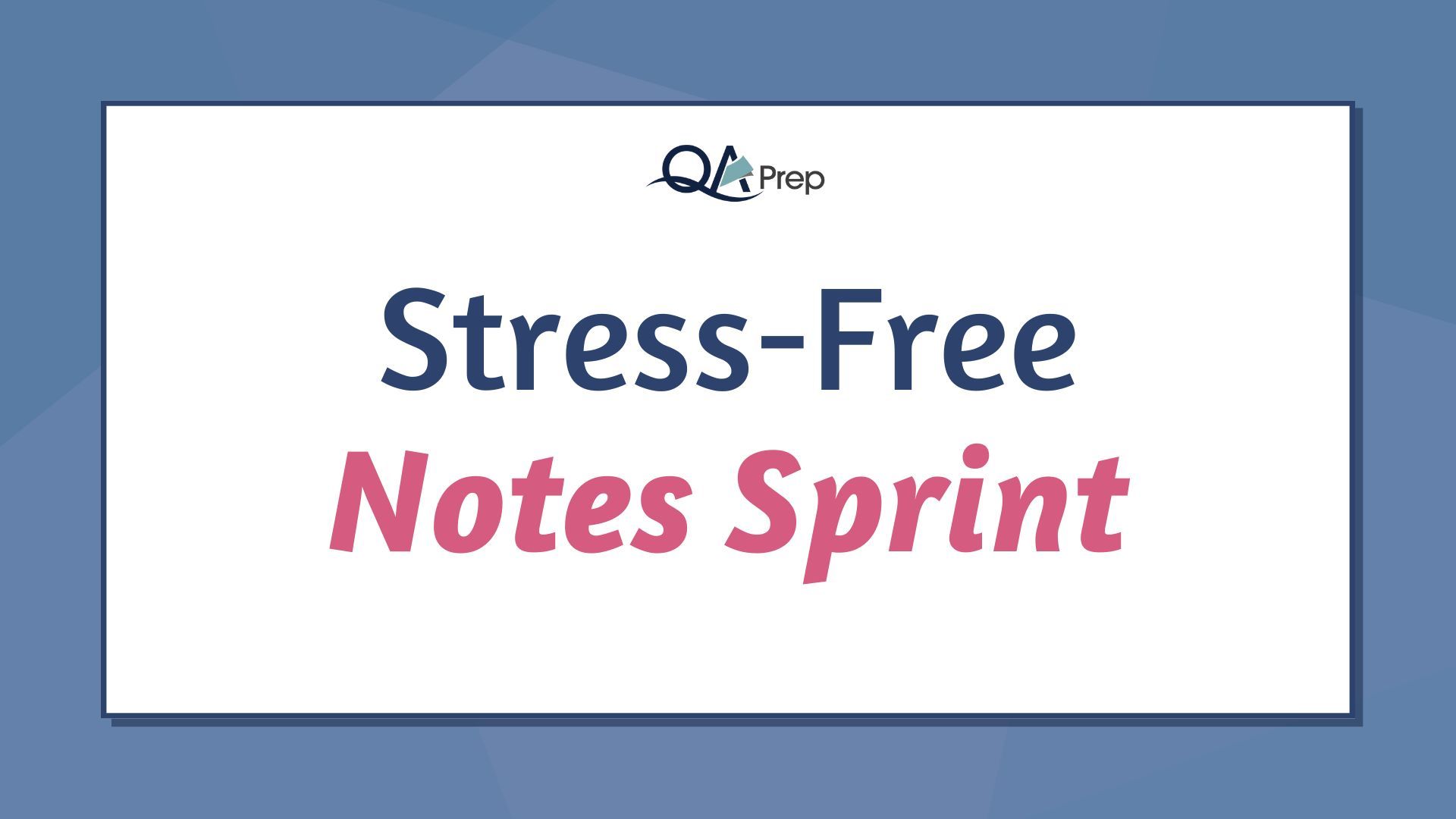When Outcomes Don't Matter
Jul 09, 2016
I've been thinking a lot recently about the process of everything and not being so focused on results. While this is part of my own personal growth, being the documentation diva I am, I began to think about how this relates to our paperwork. ;)
I believe in outcome measures and think they can be valuable clinical tools. But they're not everything. What about the process?
If a client engages in therapy for a month and doesn't connect with the therapist and drops out, was that meaningless?
Was their lack of progress the therapist's fault? Was it their own fault?
Or was it merely a step in the process of discovering what type of therapist this client connects with?
We won't be "successful" with all clients. Not all clients will have the same amount of growth or progress.
In these circumstances, what can our outcome measures tell us? I believe it's more than just "you suck as a therapist" or "that client was being resistant." They tell us something about the process.
So maybe the problem with outcome measures is we're not using them to their potential. Maybe they're not just about a rate or amount of improvement. Maybe they're also about where we are and where our clients are in the process.
I was talking with a therapist the other day who sends out surveys at the end of treatment. They are anonymous and ask questions about how the process of therapy with this particular counselor worked for the client. I was so impressed by her openness to the responses.
There was an administrative issue identified in which many clients felt she could improve. She agreed with this and it confirmed for her what she was suspecting. Beyond that, she was taking steps to improve this process.
So, her "outcome" was poor. But look what that did! Sometimes we need something objective to show us more clearly how things are so we can recognize where we are in the process.
If I give a client an outcome measure at day one and day 90 and see little improvement, that's not a failure. But it is necessary information to have. There are lots more questions to ask at that point...
What's going on?
Was this result a surprise or expected?
Do we feel like we're measuring the right thing?
If this was a surprise, how come?
Are there other questions we could ask or measures we could use and obtain a different result?
How do we feel about this?
Do we want to continue with the process we've been using and why or why not?
Can you imagine what an awesome and in-depth clinical conversation that would be?! And all from an outcome measure being used as a tool. A starting point for discussion.
This is why I always say your documentation should work for you and not the other way around. Paperwork doesn't have to be separated from the clinical process. It can be really impactful. But it's all in how you use it.
If you're looking for more help with how to make your documentation meaningful to you and your clients, check out my upcoming workshops (now inside the Meaningful Documentation Academy) or my paperwork packet. It doesn't take a ton of effort, just a little guidance and support... and an open heart.

